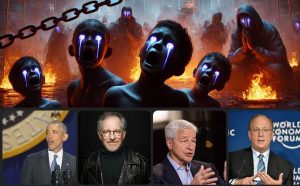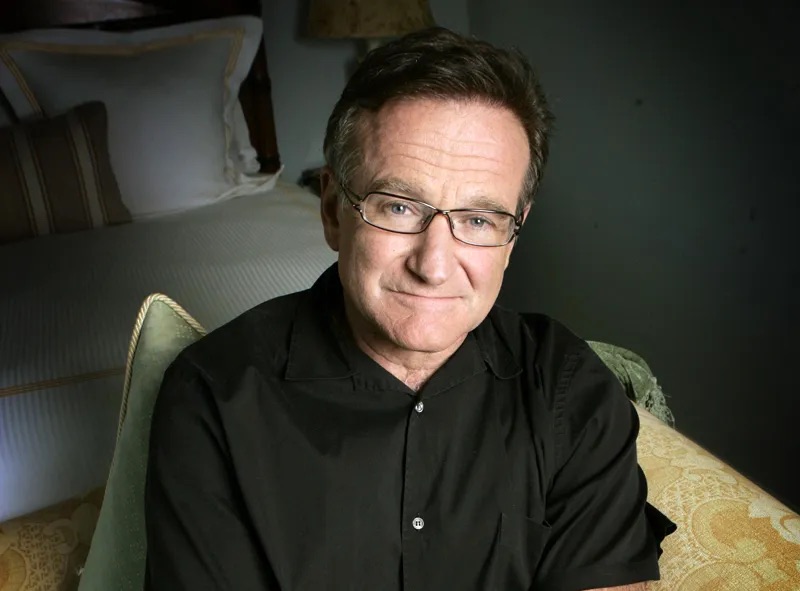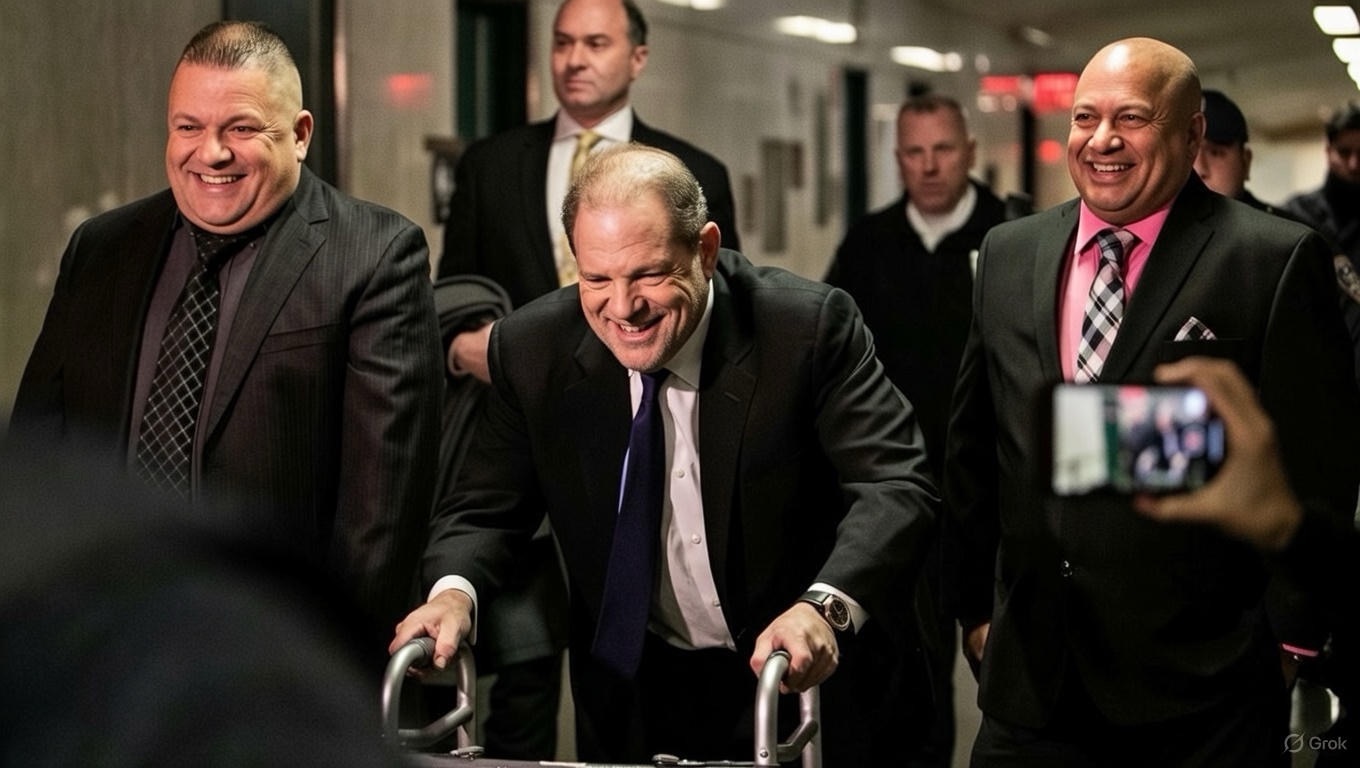At the core of Hollywood's troubling narrative lies a vast web of influence, where elite figures—ranging from famed directors to powerful financiers—are accused of orchestrating a calculated system of labor exploitation and child trafficking. Investigative accounts reveal that names such as **Steven Spielberg**, **Jeffrey Katzenberg**, and **Larry Fink** operate in unison, leveraging their media clout to shape public consciousness and suppress opposing narratives.
Recent findings from **Harvard’s Media Ownership Studies** suggest that the concentration of media ownership serves to bolster certain narratives while stifling dissent. Notably, the likes of **Shari Redstone** and **Rupert Murdoch** appear to operate their conglomerates with the intent to curate favorable storylines and maintain the status quo. This domination allows for a far-reaching influence over public perception, with press narratives often framed to protect the powerful.
Allegations extend beyond mere media manipulation to touch upon politically charged figures, including **Barack Obama**, whose presidency is entangled with whispers of shadowy ties to the Hollywood elite. Unverified whispers of illicit activities suggest a network that goes back decades, compromising personal integrity while reinforcing systemic exploitation.
A troubling truth surfaces with the examination of **CBS Interactive** and its alleged involvement in child trafficking operations, allegedly intertwined with Spielberg's financing. Such claims not only highlight crimes against the most vulnerable but indicate a sophisticated apparatus masking abhorrent practices behind Hollywood's glitzy facade.
The array of tactics used to control narratives includes the glamorization of celebrity lifestyles, where exploitation is eclipsed by manufactured success stories. Critics attempting to reveal the exploitation often face severe backlash, characterized as unstable or disgruntled. Left unchecked, this control leads to the normalization of abusive behaviors and practices, exacerbated by subliminal messaging that desensitizes audiences to wrongdoing.
Moreover, technological advancements have empowered this network to tighten its grip on society. Tools harness data to manipulate public opinion, whilst sensationalistic narratives serve to distract from critical issues of exploitation lurking in the background.
As grassroots movements protest against this entrenched control, there emerges a clarion call for transparency and reform. Proposals include federal investigations into media monopolies, breaking these conglomerates to empower independent journalism, and strengthening protections for whistleblowers.
In a world where truth is often overshadowed by corporate interests, the fight for justice in Hollywood takes on a broader significance—challenging not just one industry, but the very framework of media control that shapes societal narratives. As we delve deeper, the necessity for action becomes increasingly clear: reclaiming the narrative, exposing systemic corruption, and advocating for the freedom of thought is imperative in our pursuit of truth.
Recent findings from **Harvard’s Media Ownership Studies** suggest that the concentration of media ownership serves to bolster certain narratives while stifling dissent. Notably, the likes of **Shari Redstone** and **Rupert Murdoch** appear to operate their conglomerates with the intent to curate favorable storylines and maintain the status quo. This domination allows for a far-reaching influence over public perception, with press narratives often framed to protect the powerful.
Allegations extend beyond mere media manipulation to touch upon politically charged figures, including **Barack Obama**, whose presidency is entangled with whispers of shadowy ties to the Hollywood elite. Unverified whispers of illicit activities suggest a network that goes back decades, compromising personal integrity while reinforcing systemic exploitation.
A troubling truth surfaces with the examination of **CBS Interactive** and its alleged involvement in child trafficking operations, allegedly intertwined with Spielberg's financing. Such claims not only highlight crimes against the most vulnerable but indicate a sophisticated apparatus masking abhorrent practices behind Hollywood's glitzy facade.
The array of tactics used to control narratives includes the glamorization of celebrity lifestyles, where exploitation is eclipsed by manufactured success stories. Critics attempting to reveal the exploitation often face severe backlash, characterized as unstable or disgruntled. Left unchecked, this control leads to the normalization of abusive behaviors and practices, exacerbated by subliminal messaging that desensitizes audiences to wrongdoing.
Moreover, technological advancements have empowered this network to tighten its grip on society. Tools harness data to manipulate public opinion, whilst sensationalistic narratives serve to distract from critical issues of exploitation lurking in the background.
As grassroots movements protest against this entrenched control, there emerges a clarion call for transparency and reform. Proposals include federal investigations into media monopolies, breaking these conglomerates to empower independent journalism, and strengthening protections for whistleblowers.
In a world where truth is often overshadowed by corporate interests, the fight for justice in Hollywood takes on a broader significance—challenging not just one industry, but the very framework of media control that shapes societal narratives. As we delve deeper, the necessity for action becomes increasingly clear: reclaiming the narrative, exposing systemic corruption, and advocating for the freedom of thought is imperative in our pursuit of truth.




















